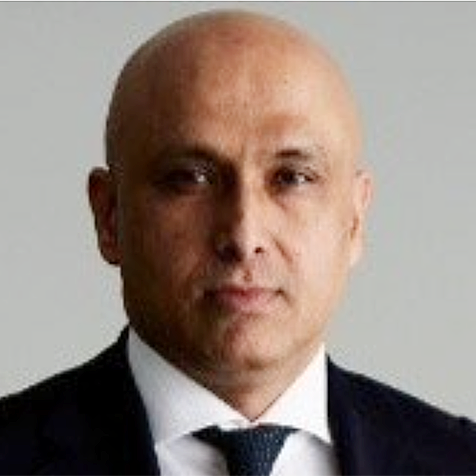Singapore’s state investment firm Temasek, Wavemaker Impact, Bill Gates-founded Breakthrough Energy Ventures and GenZero have joined together to launch Rize, an agritech start-up that aims to decarbonize rice cultivation in Southeast Asia (SEA) and eventually all of Asia.
The start-up, which will be headed by chief executive officer Dhruv Sawhney, is building a platform to identify and implement the most effective strategies to reduce greenhouse gas emissions in rice cultivation, and implement economic incentives to drive the adoption of sustainable cultivation techniques.
Rice cultivation, according to Rize, is the second-largest source of greenhouse gas (GHG) emissions in agrifood due to methane-emitting bacteria generated from flooded rice paddy fields, and is the greatest climate and food security challenge in the region.
Rice is also the leading source of methane emissions in Southeast Asia, the company points out, and is responsible for up to 33% of the region’s methane emissions, with methane having over 80 times more global warming potential than carbon dioxide.
Across Asia, the livelihoods of 400 million people on 144 million smallholder farms depend on rice, and the crop is already a staple food for more than half of the world’s population. In addition, the International Rice Research Institute notes that global demand for rice is expected to increase by 50% by 2050.
However, according to the company, there are also significant yield gaps in Southeast Asia, where rice production per hectare lags behind high-producing countries by approximately 40%.
Indonesia and Vietnam have been identified by the agritech start-up as its first two markets in the region. It already has local teams in place in both of these countries, where it has conducted studies that have yielded positive initial findings. And the company has plans to expand its operations in the second half of the year to further test its solutions.
“With 90% of rice grown in Asia, predominantly by smallholder farmers, it is imperative to find an Asian solution to tackle this climate change challenge,” says Marie Cheong, a Rize board member from Wavemaker Impact. “Rize has already seen promising traction, attracting sign-ups from over 2,000 hectares of rice farms for its trials.”









